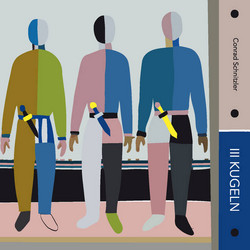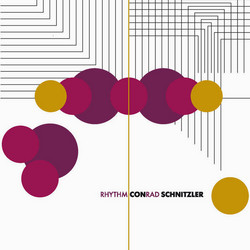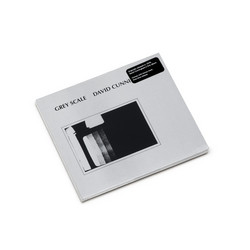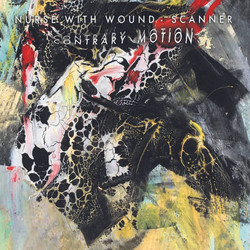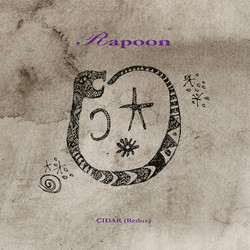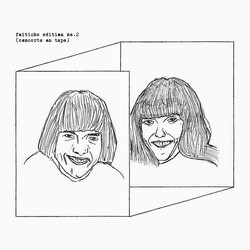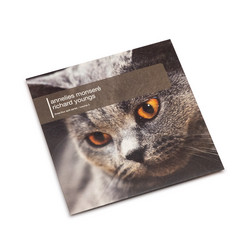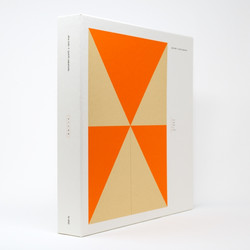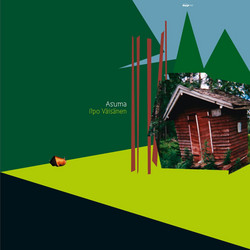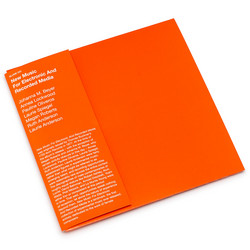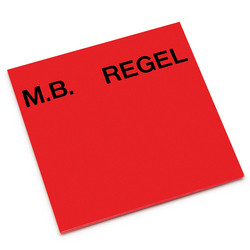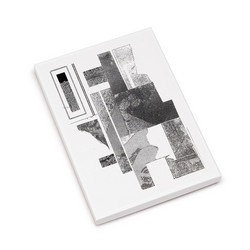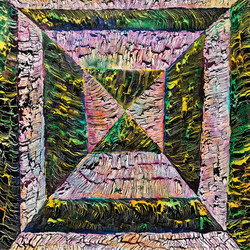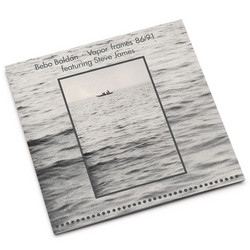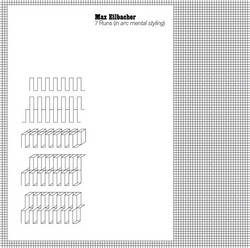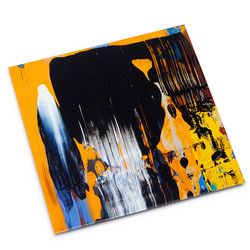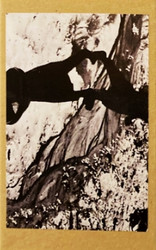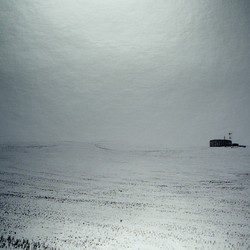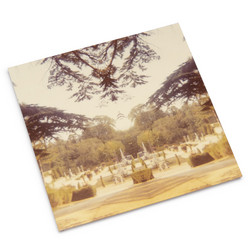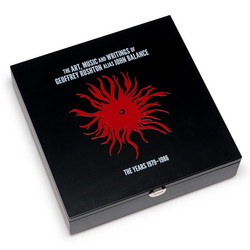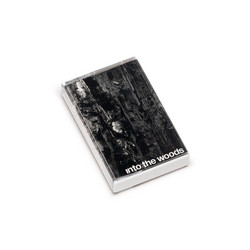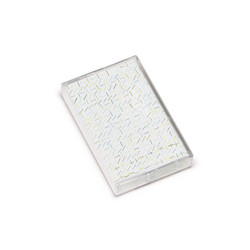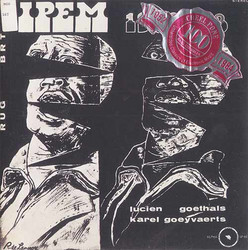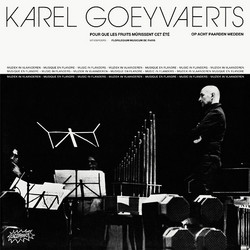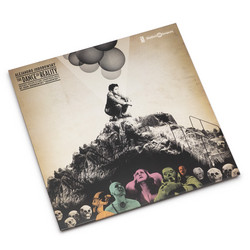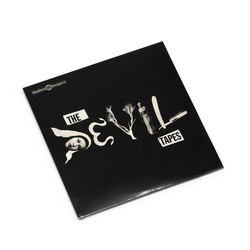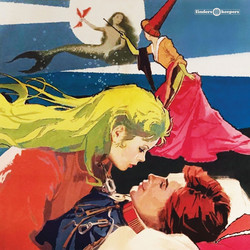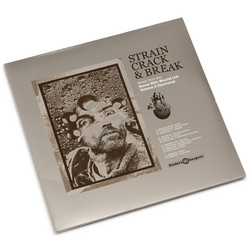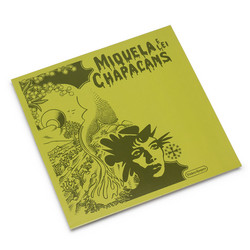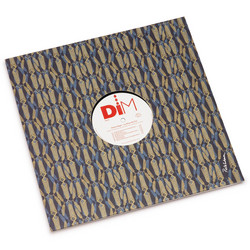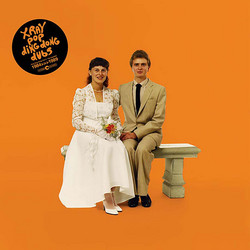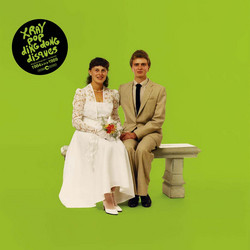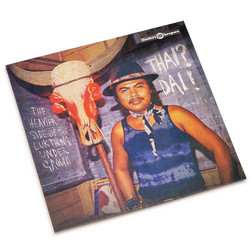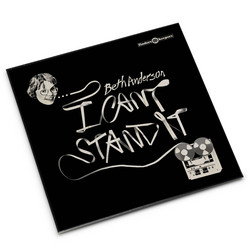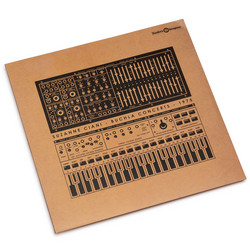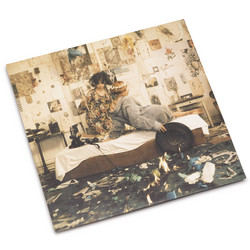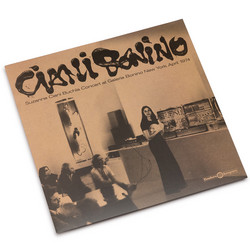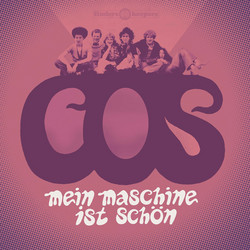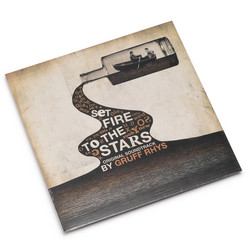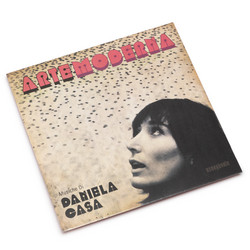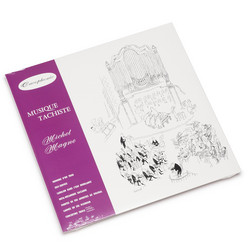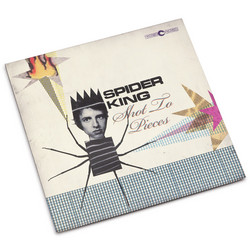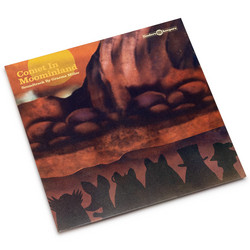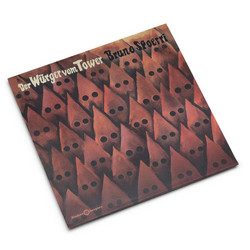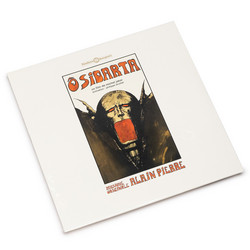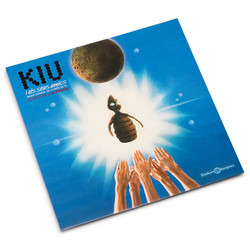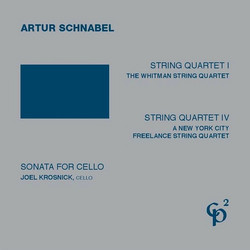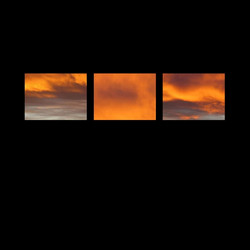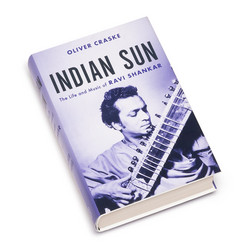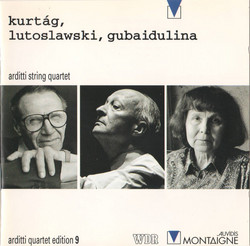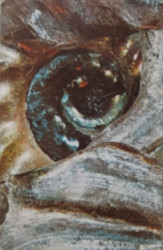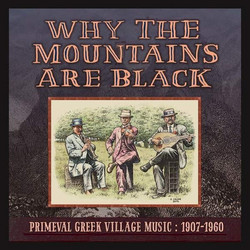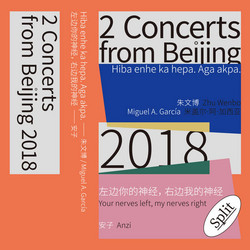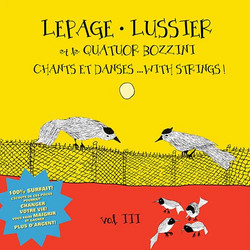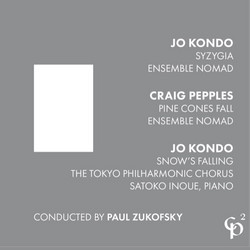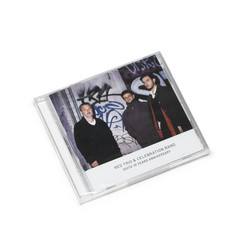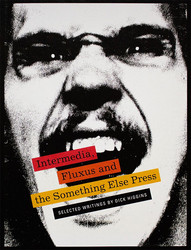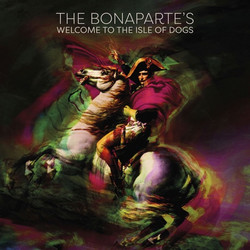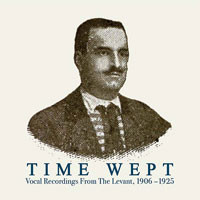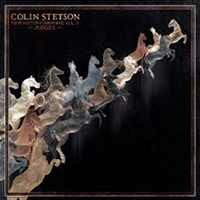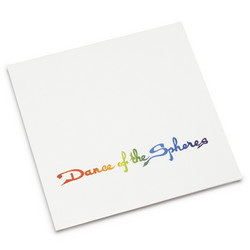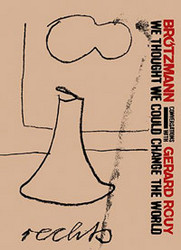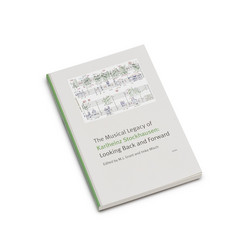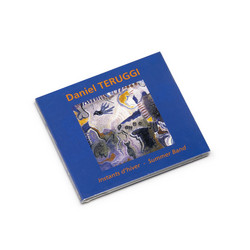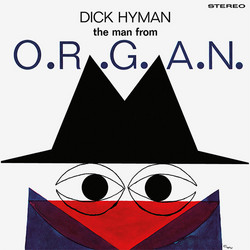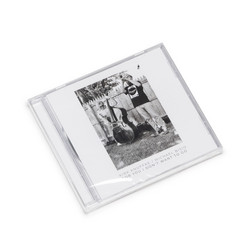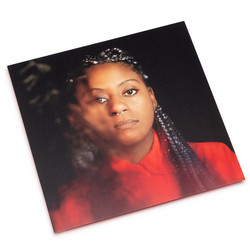Karel Goeyvaerts
Pour Que Les Fruits Murissent Cet Ete
Temporary Super Offer! Finders Keepers' newly minted Cacophonic sub-label triumphs with a remastered rarity by pioneering Belgian composer, Karel Goeyvaerts. 'Pour Que Les Fruits Mürissent Cet Été' is one of the earliest realisations by the former boss of the IPEM society (Belgium's Institute for Psychoacoustic and Electronic Music - make sure to check their recent compilation on Metaphon) and originally appeared in 1977 on the collectable Alpha Brussels imprint. It revolves around three extended pieces ranging from almost medieval, mittel European melody and electronic oscillations to sparse, minimalist percussive arrangements and cold, looming string drone recalling contemporary Kevin Drumm and Reinhold Freidl pieces. Karel studied composition with Darius Milhaud and music analysis with Olivier Messiaen and worked directly with Karlheinz Stockhausen between 1951-1956, producing the first electronic music in the studio of the NWDR in Cologne. Lovers of darkly mystical electro-acoustic music will be in their element with this release. Highly recommended!
2018 repress. Karel Goeyvaerts is the first collection of some of Karel Goeyvaerts' ultra-rare vinyl releases. This music was previously unavailable away from its original vinyl release. Goeyvaerts was born in Antwerp in 1923. After having received a humanistic education in Antwerp, he took courses at the Lemmens Institute in Malines. From 1943 until 1947 he studied at the Royal Flemish Conservatoire of Antwerp. From 1947 until 1950 he studied composition with Darius Milhaud, music analysis with Olivier Messiaen and was in addition the pupil of Maurice Martenot at the Conservatoire National in Paris. In 1949 he was awarded the Second Prize for Composition and the Lili Boulanger Prize at the same Conservatoire. He obtained the Halphen Prize in 1950. During the winter of 1950-51, he wrote the Sonata For Two Pianos. Because of its decisive and total stylistic novelty he designated this work as "Composition No 1", thus rejecting all his former work. With this sonata, he created a structural synthesis of the dodecaphonic system of Anton Webern and the teachings of Messiaen and laid the foundations for generalized "punctual" serialism. He demonstrated the application of this technique on the electronic medium in his compositions 4, 5 and 7. During the period 1951-1956, he influenced directly through personal contact and intensive correspondence the musical creativity of Karlheinz Stockhausen, whom he met during the summer-courses of 1951 in Darmstadt. In 1953, Goeyvaerts and Stockhausen produced the first electronic music in the studio of the NWDR in Cologne. In 1970 the BRT appointed him as producer at the Institute Of Psychoacoustics And Electronic Music (IPEM) in Ghent. Beginning in 1974 he was in charge of the New Music productions for BRT-3 in Brussels. Goeyvaerts received several awards, such as the Koopal Prize in 1967 and the Visser-Neerlandia Prize in 1969. He also was given commissions by the BRT, the Festival of Flanders and the NOS (Nederlandse Omroepstichting). His works have been performed in several European countries, in Canada, the United States, Japan and at the festivals of the International Society for Contemporary Music (ISCM) in Brussels 1950, Oslo 1953, Graz 1972, and Bonn 1977.
